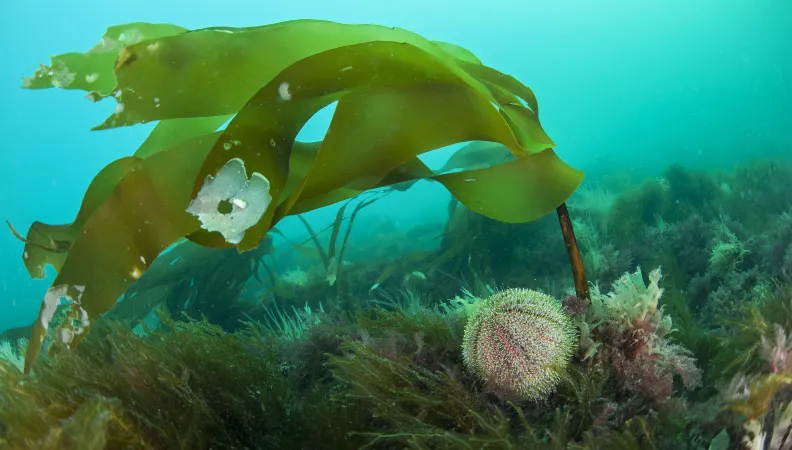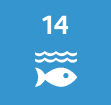Share the page
Boosting socio-ecological resilience and developing a blue economy (WIOCOR)
Project


-
Project start date
-
Status
In progress
-
Estimated date of project termination
-
-
Project financing date
-
-
Financing duration
-
4 years
-
Type of program
-
FFEM
-
Global financing amount
-
€ 10350000
-
FFEM financing amount
-
€ 3000000
-
Project lead member institution(s)
-
French Ministry of the Ecological Transition
-
Country and region
-
Tanzania, Comoros, Kenya, Madagascar, Mozambique
-
Type of financing
-
Partners
-
Nairobi International Convention
-
Beneficiaries
-
IUCN

Heavily impacted by climate change, the Western Indian Ocean is home to critical ecosystems on which several million people depend. The WIOCOR project, supported by the FFEM, contributes to effective, fair, and regionally inclusive conservation of marine seagrass and these ecosystems.
Context
The Western Indian Ocean region is particularly exposed and vulnerable to the impacts of climate change. The critical ecosystems within it are at risk, along with the many unique species and over 60 million people who depend on it. The maritime zone has to face up to these challenges, and unleash the development potential of its natural capital.
The aim of the WIOCOR project - supported by the FFEM - is to put in place novel and effective management of the teeming biodiversity found in the region’s coasts, islands and seas, in particular for its marine seagrass strategies and their associated ecosystem services. Alongside this, local communities will benefit from preservation of their livelihoods.
Description
The project has 4 components:
- Strengthening governance bodies (national/local) to encourage the participation of local actors in the management of marine seagrasses and associated natural resources.
- Improving knowledge of these seagrasses and facilitating the exchange of information/experiences between the key actors.
- Supporting the development of live plans of action to contribute to the conservation, restoration, and appreciation of seagrasses and to strengthening the socio-ecological resilience among communities.
- Promoting the preservation of natural capital among public/private actors in developing the blue economy, as well as publicising the crucial role of local actors in the conservation of biodiversity and natural resource management.
Impacts
- Support for national and local governments and local stakeholders (village communities) for more collaborative governance.
- Adoption and application of knowledge generated by the project to strengthen the governance approaches at the 32 selected pilot sites.
- Improvement of the performances of local actors in order to achieve the plan of action through project capabilities and planning measures.
- Consolidation of relationships between partners (national and regional) to provide regular communication and facilitate policy recommendations.
Innovative and exemplary features
This innovative project - supported by the FFEM - demonstrates the value and effectiveness of integrated solutions, applied to the marine seagrasses ecosystem. This is further demonstrated by the way it articulates the sustainable value chain and conservation of this ecosystem from the viewpoint of environmental protection and socio-ecological resilience of regions and communities. In addition, by relying on region-wide exchange of expertise and skills, this programme encourages the dissemination and acquisition of expertise which while present, is often overlooked.
A regional project such as this on seagrasses, which are critical ecosystems in the fight against climate change, remains very rare at international level, and is even unprecedented in the Western Indian Ocean. Its implementation also promotes the development of a blue economy.
Sustainable Development Goals
ODD14 Life below water



